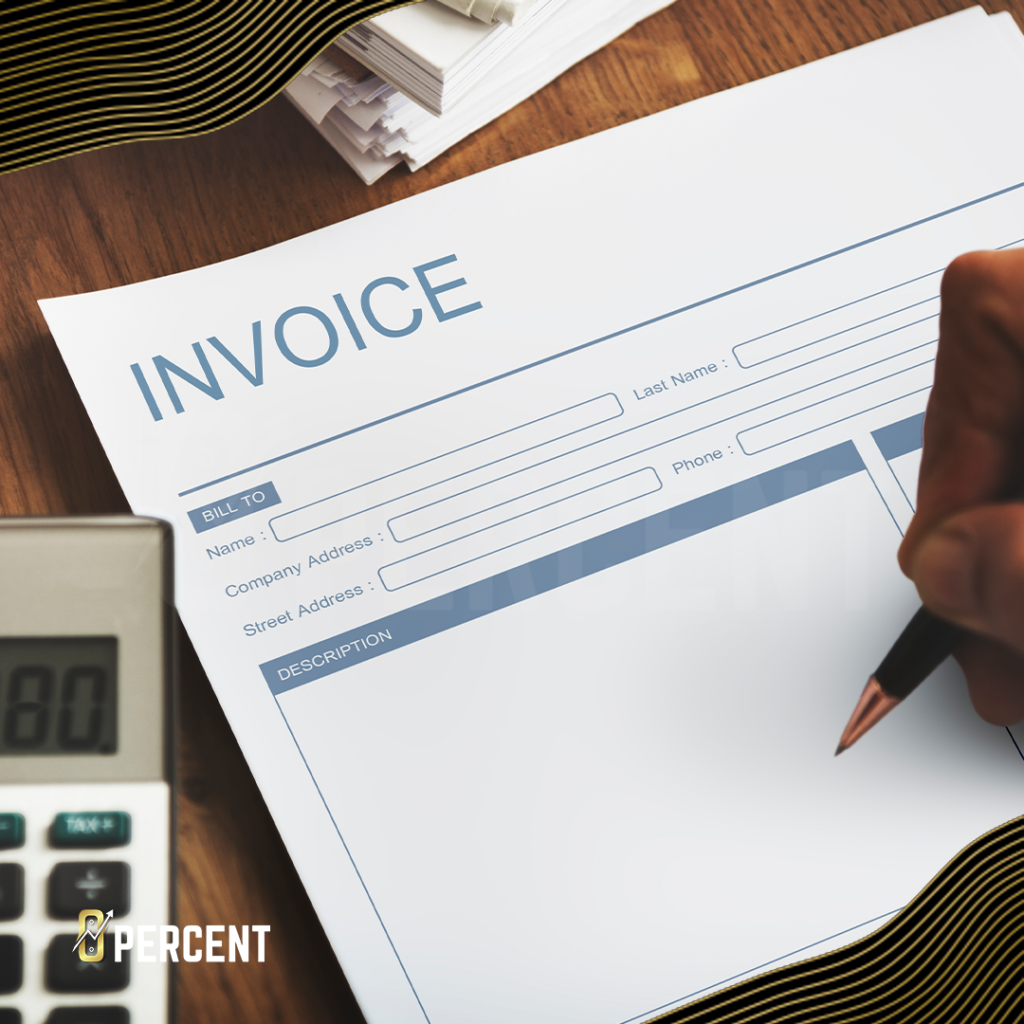
Jeff Sekinger
Jeff Sekinger Founder & CEO, 0 Percent Who is Jeff Sekinger? Visionary Trailblazer Sekinger has been in the financial industry for over a decade. Starting
Invoice factoring and financing can be a great alternative for businesses that struggle with cash flow challenges. Essentially, invoice factoring is a process where a business sells its unpaid invoices to a factoring company for a percentage of the total value. The factoring company then assumes the responsibility of collecting the outstanding payments from the customers, allowing the business to receive a lump sum of cash upfront.

Here are some benefits of invoice factoring and financing for businesses:
However, there are also some drawbacks to invoice factoring and financing, including:
In conclusion, invoice factoring and financing can be a useful tool for businesses that need to improve their cash flow and manage their working capital. However, it’s important to weigh the pros and cons carefully before deciding whether to use this financing option. Businesses should also carefully research factoring companies to find a reputable provider that offers competitive rates and flexible terms.

Jeff Sekinger Founder & CEO, 0 Percent Who is Jeff Sekinger? Visionary Trailblazer Sekinger has been in the financial industry for over a decade. Starting

Angel Alvarez Funding, 0 Percent Who is Angel Alvarez? From SpaceX to 0 Percent Angel is a remarkably well rounded individual who has had a

Abhay AnandProduct, 0 Percent Who is Abhay Anand? Title One Test Title Two Test Test
Sign up to receive news & updates!
Sign up to receive news & updates!